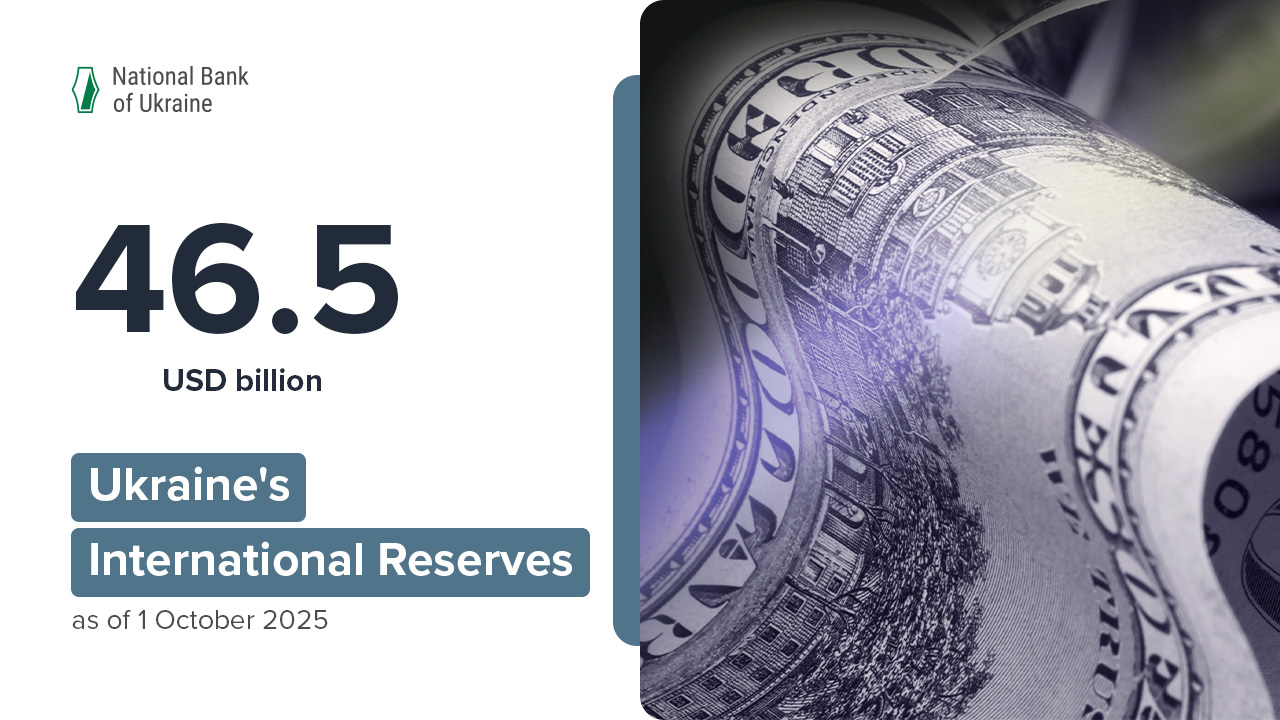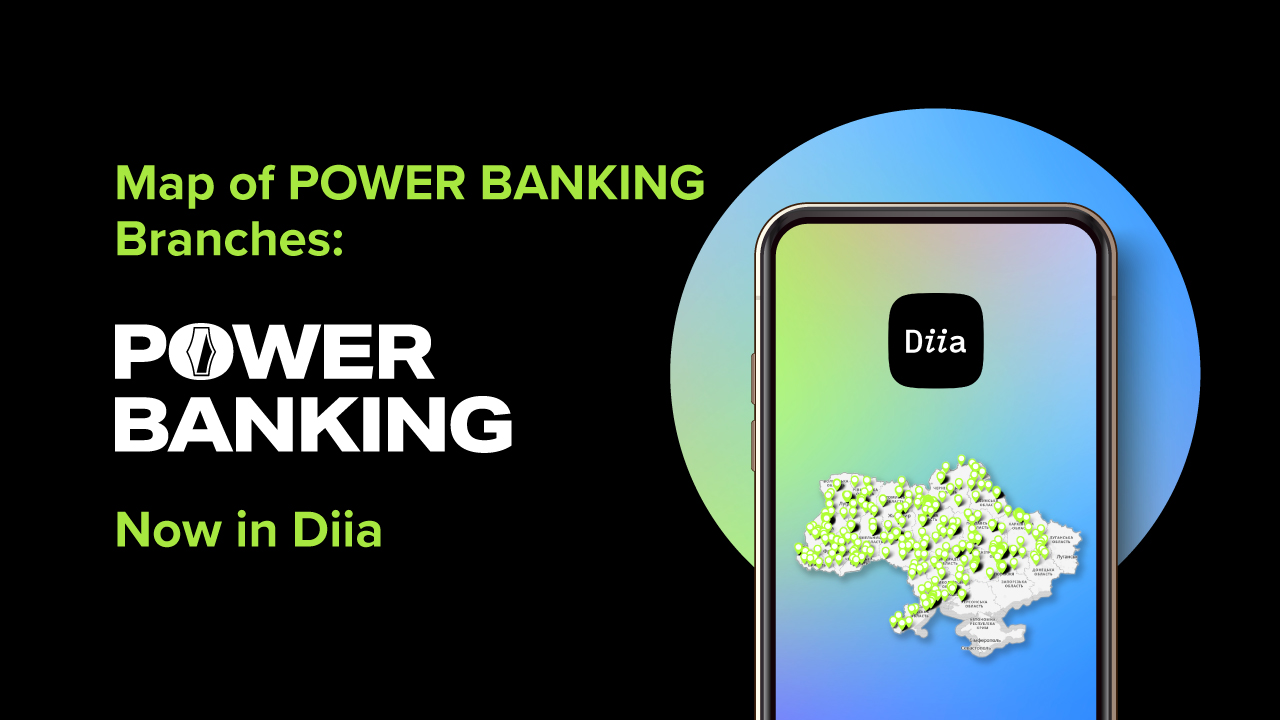To ensure secure electronic interaction and identification of third-party payment service providers (PISPs, AISPs) by account servicing payment service providers (ASPSPs), third-party payment service providers (PISPs, AISPs) are required to obtain a qualified open banking certificate from a qualified provider of electronic trust services.
The procedure for using electronic trust services when payment service providers obtain access to payment service users’ accounts is set out in the Regulation on the Procedure for Using Electronic Trust Services when Payment Service Providers Obtain Access to the Accounts of Payment Service Users, approved by NBU Board Resolution No. 82 dated 25 July 2025.
Qualified providers of electronic trust services whose details are included in the trusted list based on the decision of the certification center (QPETSs) have the right to generate and issue qualified open banking certificates. The list of QPETSs is available on the website of the certification center.
Each QPETS independently determines whether to generate and issue qualified open banking certificates. The rules for generating, issuing, revoking, blocking, and renewing qualified open banking certificates are described in the QPETS operating procedure.
Third-party payment service providers (PISPs, AISPs) who plan to obtain a qualified open banking certificate from the QPETS Accredited Key Certification Center of the National Bank of Ukraine must familiarize themselves with the Rules for Generating, Issuing, Revoking, Blocking, and Renewing Qualified Open Banking Certificates in the relevant operating procedure.







